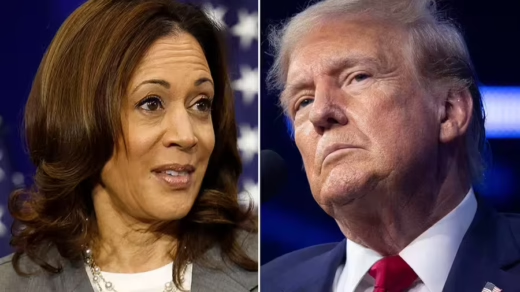
As discussed in a previous article, the situation in France remains very complicated due to the social unrest that followed the Macron government’s decision to implement a pension reform, which includes changing the retirement age from 62 to 64 years, among other changes that are not well-received by the French population. After several days of massive strikes, French President Emmanuel Macron initiated a contested “100 days of appeasement, unity, ambition, and action in the service of France” on April 17, 2023.
However, those months were far from peaceful, especially after the strikes. On June 27, 2023, France’s police shot and killed Nahel Merzouk, a 17-year-old of Algerian and Moroccan descent, during a traffic stop in the Paris suburb of Nanterre. These multiple crises led the first president of France, Élisabeth Borne, to proceed with a change in their government. The changes were first revealed in the national press before being officially confirmed a few days later.
Some of the notable changes include Gabriel Attal, former Minister Delegate in charge of Public Accounts, becoming Minister of National Education and Youth at the young age of 34, replacing Pap Ndiaye. Ndiaye was perceived by the French people as ineffective in resolving the problems of the French educational system, particularly the lack of teachers, the bullying that has escalated in recent years, the changes in the baccalaureate system, and the precarity of college students. Additionally, Marlène Schiappa pinned down for her management of the Marianne Fund, will leave her post as Secretary of State for the Social and Solidarity Economy and Associative Life.
It should be noted that these changes were deemed insufficient by multiple faces of the French political scene. For example, ERIC COQUEREL, a “la France insoumise” deputy for Seine-Saint-Denis, stated on “C dans l’air” that Gabriel Attal would make a great education minister; however, he believed these changes would not steer France away from what he called a right-hand drift. Laure Lavalette, a “Rassemblement National” deputy, considered the arrival of Aurélien Roussou, the former president of Élisabeth Borne’s Cabinet, as a provocation.
President Emmanuel Macron declared to Politico on July 18th,
“In another life, I was in your place, and I know these are not enjoyable moments. There is a need to take a lot of distance.”
He indicated to the French people that he wanted simple changes while former Prime Minister Elizabeth Borne wished for a more in-depth reshuffling of the government. He also stated to the same source,
“We can collectively be very proud of what was done in the last months; this year was a very busy one.”
It should also be noted that these government changes were made to respect equality between the majority, as the French political scene is divided between the right wing with “le Rassemblement National,” the left wing with “la NUPES,” and the camp of Emmanuel Macron “Renaissance” which considers itself as a center, although some of his decisions have been contested to be from the right.
Written by Imane Moumen


